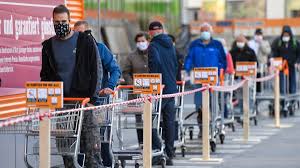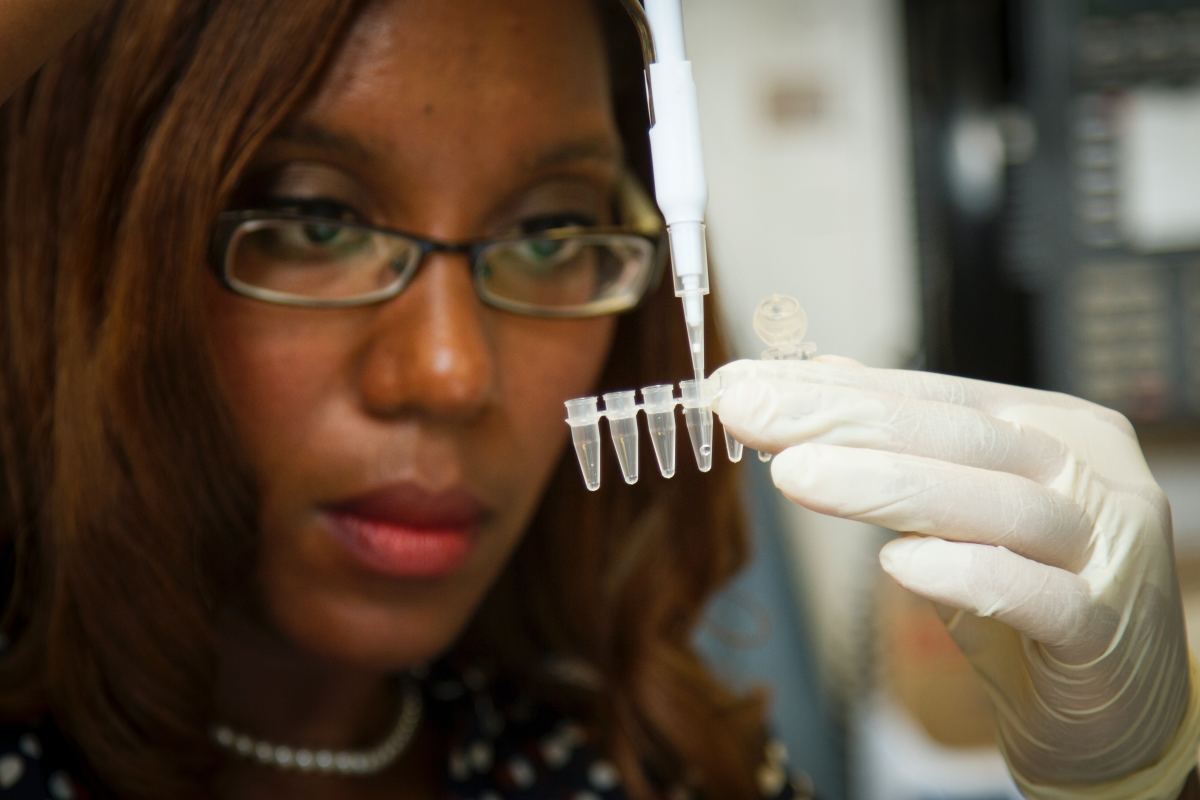A Not-So-Simple Plan on How to Open the Country After COVID-19

Why Testing is Necessary
In order to open the country properly, it is mandatory that every working person be tested before returning to work. There is no better example of why this is necessary than the positive tests that were discovered in The White House this past week. If they had not been testing their employees, the entire White House staff may have been infected.
This is the policy that should be applied to every business before they reopen. Since this process has already been skipped, then all businesses that are currently open should require their employees to get tested. This may be a difficult task but it is necessary to try to control the spread of the virus.
While Donald Trump changes his stance on the severity of Covid-19 daily, he hurried up and made changes at The White House when his staff became infected. So every business should be required to do what The White House is doing, test every employee regularly, at least in the near future.
Eventually, we want the majority of the public, if not all, to be tested by year's end. The question is how do we do that and why would we need to test everybody? Trump suggested we don't need to test people who don't show symptoms. These are the main people who are unwittingly spreading the disease.
Doctors say that some people contract the virus and never show symptoms. Once detected, they usually elect to self quarantine-themselves. Others who contract the disease may not show symptoms for up to two weeks. So there you have two valid reasons why everyone should be tested. That way everyone who is positive can be monitored more closely and limit the spread of the virus until scientists can hopefully find a cure.
Opening the Country
First of all, every licensed medical facility should be provided with testing materials. Next, some clinics should be designated as strictly for corona testing. These facilities should only be available to businesses to have their employees tested. Since the country never really closed entirely and because so many truly essential businesses had to stay open, these people should be tested first.
A lot of people are worried about returning to work with no guarantee that their co-workers are healthy. No one wants to infect their family either, so you have to require each worker's family member be tested as well. Now when you think that this may be hard to do, think about all of the businesses that require you to take a physical or drug test before being hired. That tells me that there are already medical facilities that businesses work with.
From that point on, the businesses can determine how often they need to have follow-up testing. This is necessary depending on how much contact they have with the general public. No business should be allowed to open without having tested their employees and household members. When adequate testing becomes available, businesses that are already open should have all employees tested within 30 days.
Testing Students of All Ages
The next major group of people to be tested should be students. Schools already have medical facilities that they deal with to administer vaccines and physicals for sports for example. We have until August to prepare for the return of students to school. All school employees on all levels should be tested before coming into contact with students.
Testing should start from daycare. All parents should be required to provide a certified test result for their child before being accepted into any daycare program. All K-12 students should be tested before returning to school. All college students should be tested before starting classes. The institutions will determine at what time period during the application process this should be done.
Testing the Rest of Us
After businesses and schools are taken care of, the rest of us need to be tested. Since there will be certain medical facilities that will be specified for businesses and schools, all other medical facilities will be available to the public. That means we don't have to wait to be tested.
There are senior centers all over the country. They can designate at least two days a week to have certified medical testing. Churches can have days during the week where maybe a vehicle like a bloodmobile can administer tests. This can be done if we have the tests.
The Follow-Up
The key is the initial testing to locate and treat the people who don't show symptoms. Once they are identified they can be monitored. There also has to be follow-up testing for everybody to monitor if it is still spreading. The White House now tests its employees daily but naturally no business can be expected to test all employees daily. I would think a follow up at least within a month is reasonable, but medical experts can determine as to how soon after the initial test a retest is needed.
As the title of the article says this is the not-so-simple plan, but it does have some organization to it. It would have worked better if we had started testing businesses before we decided to reopen the country, but it can still be done, especially since Governors have the say so as to when and how to open their states. It definitely can be applied to students in time. If only we had testing for everybody.








